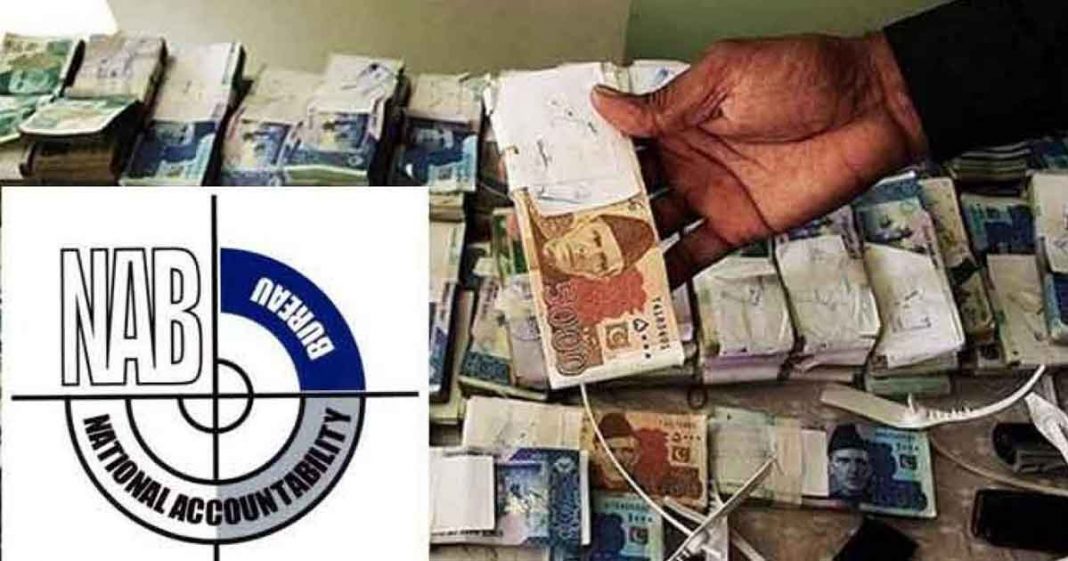Let us get rid of the scoundrels. Conviction through the courts seems impossible. Weakness in the common law to combat white-collar crime, combined with procedural flaws has been the major cause of delays. From Ayub Khan’s EBDO (Elected Bodies Disqualification Ordinance) to Musharraf’s NRO (National Reconciliation Ordinance), nothing seems to have worked so far. Though the Prime Minister’s (PM) principled stance to get rid of the corrupt is correct, yet his efforts have not met with success.
Some of the older folks maintain that corruption started with the distribution of leftover assets of the refugees. False claims were filed by many, while genuine claimants were denied their due share. The family of the first PM, Nawabzada Liaquat Ali Khan continues to suffer till today. It was reported that soon after the partition in 1947, during the meeting of the Settlement Commissioners on both sides, the net worth of assets left behind by Muslim refugees in India were around Rs 10 crores while those by the departing Hindu and Sikh population was Rs 14 crores. In other words, Rs 4 crores were usurped through false claims.
Finally in 1975, the elected government decided to wrap up the Rehabilitation and Settlement Department; an ordinance was also issued for this purpose. As my family also migrated, the topic was widely discussed at the dinner table. My mother insisted that nations go through such a phase before settling down. Unfortunately, plunder continues in the land of the pure.
Hope remained alive till about 1954 when the colonial establishment conspired against the political leadership who were mostly men of integrity. The EBDO in 1958, after the first Martial Law was designed to produce corrupt political leadership. Those who resisted were disqualified on trumped up frivolous charges.
Read more: PM Khan claims to continue struggle for rule of law, purging country of corruption
In the first and only free and fair elections held in 1970, the post EBDO, Lashkar-e Ayubi politicians were knocked out of the political arena. Zia-ul-Haq, the third usurper not only brought them back, he also introduced his own brand through the 1985 partyless elections called Lashkar-e-Haqi. While the next generation of Chaudhrys continued, Sharifs managed to make an entry. Musharraf, the fourth dictator, went after them with full vengeance. The National Accountability Bureau (NAB) was created for this purpose.
Proposals put forth
In order to get rid of these entrenched, out of control ‘Lashkars’, some proposals have been floated around. ‘Formation of Truth and Reconciliation Commission’ is one of them. This approach was successfully tried in South Africa by Nelson Mandela. Charges were framed against the White Apartheid rulers, those who accepted their guilt were exonerated, while those who did not were prosecuted in the court of law. In the land of the pure where corruption runs deep this approach may not work as no one will be willing to openly accept their guilt. A blanket one-time amnesty can be granted to all the accused in return for leaving the political arena for good. Those who will cross the line again will have to face serious consequences.
Read more: Has Pakistan’s governance system become corrupt?
Tax dodgers, loan defaulters, revenue manipulators etc have all been given a chance, why not the corrupt politicians this time, to get rid of them once for all? After all, they did not evolve through struggle, most of them were created and then imposed on the nation for vested self interests. The PM has a reputation of fighting till the last ball but the nation is fast losing steam to fight on. The idea should be floated through front or back door contacts. Let the phoenix rise again from the ashes of the corrupt. Where our courts have failed, I am sure the Almighty will prevail in the end. ‘Easy come easy go’, being the lesson of history.
Dr. Farid A.Malik is the Ex-Chairman Pakistan Science Foundation. He was a Shadow Minister PTI and Co-Ordinator of the PTI Think Tank where the framework of the Welfare State was developed. The article was first published in The Nation and has been republished here after making certain changes for which prior permission from the author was taken. The views expressed in this article are the author’s own and do not necessarily reflect Global Village Space’s editorial policy.














